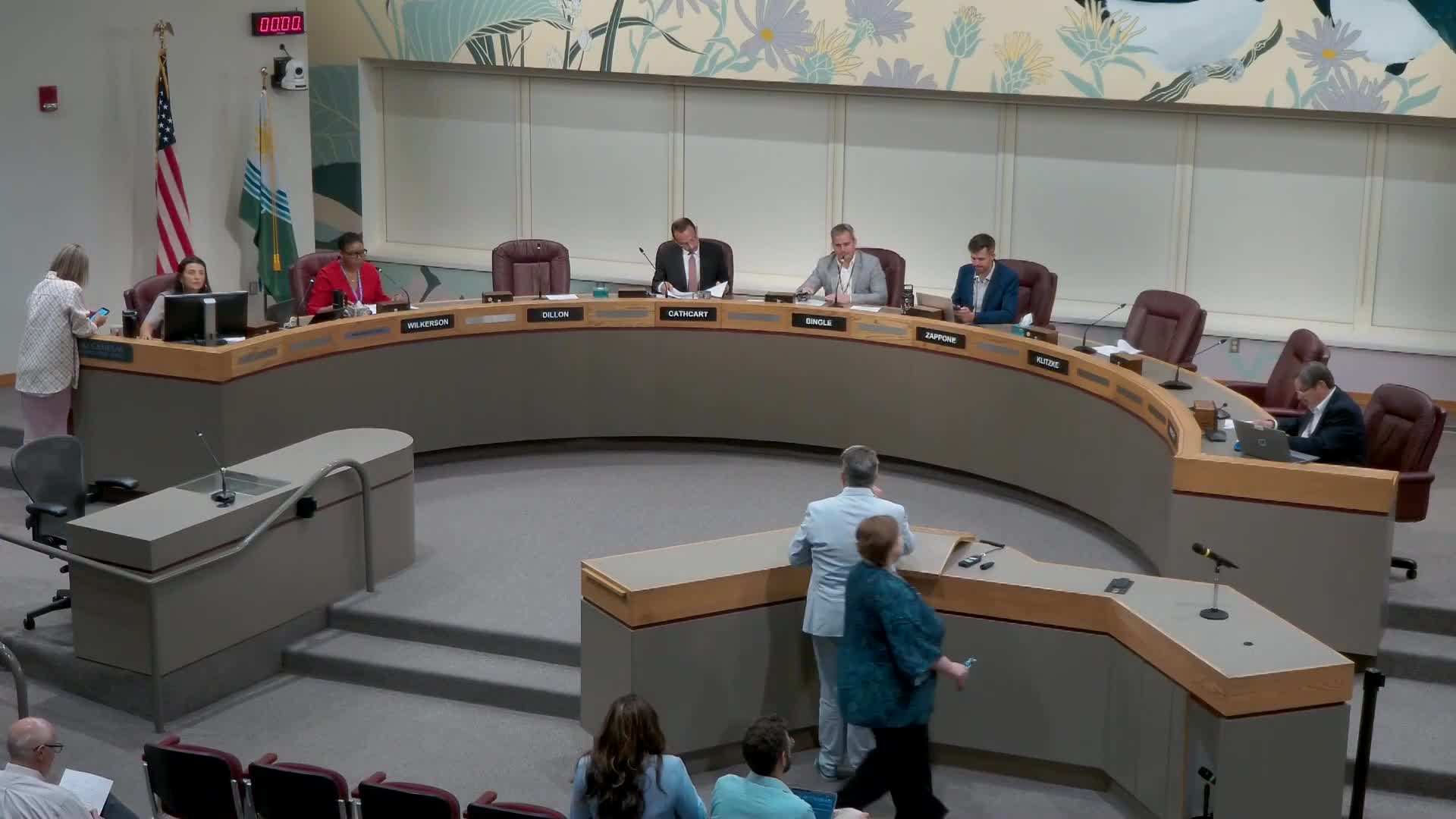Article not found
This article is no longer available. But don't worry—we've gathered other articles that discuss the same topic.
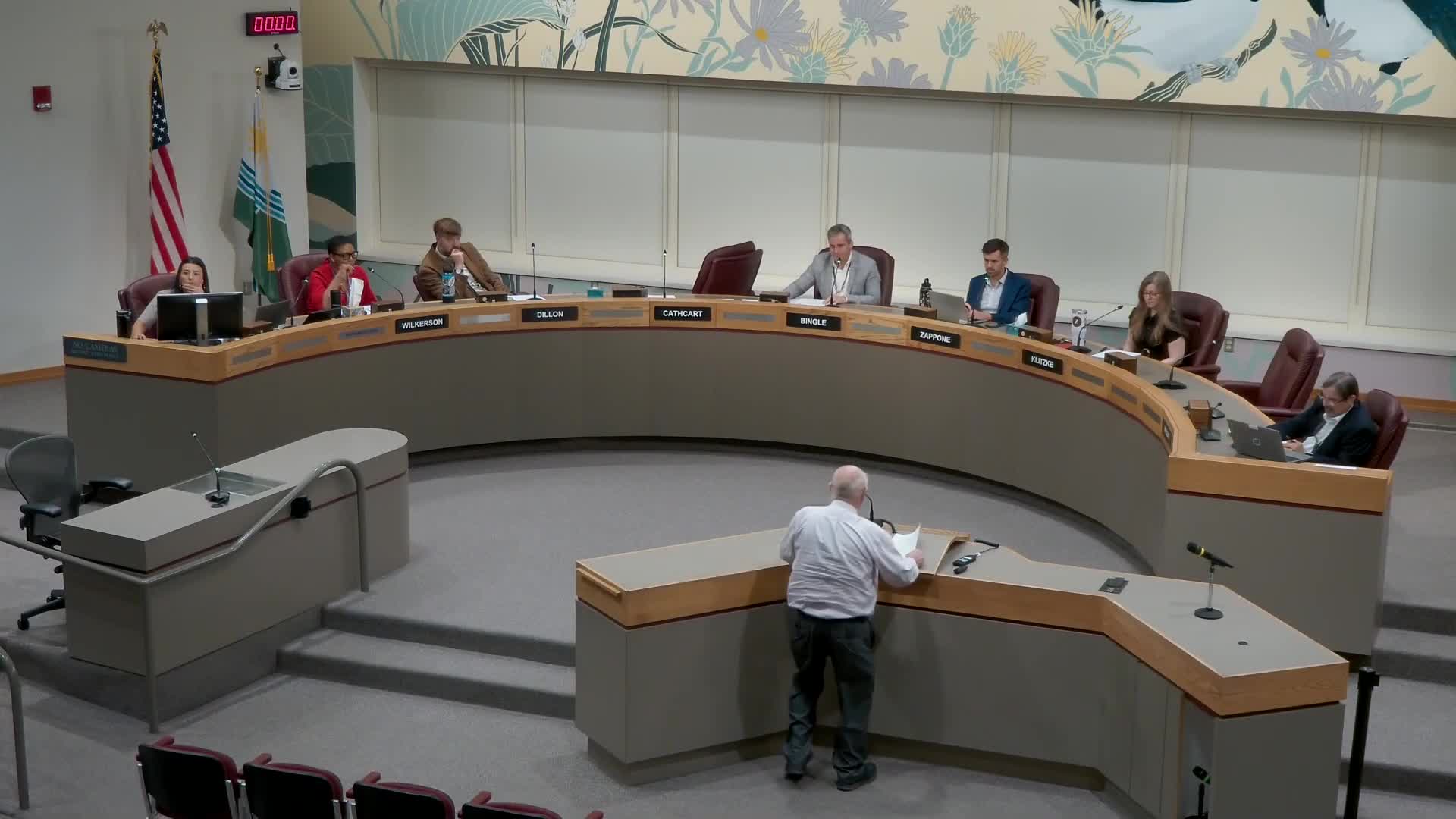
Council hears three street/easement vacation requests tied to Gonzaga, Trinity and a tribal project; staff flag utility and access conditions
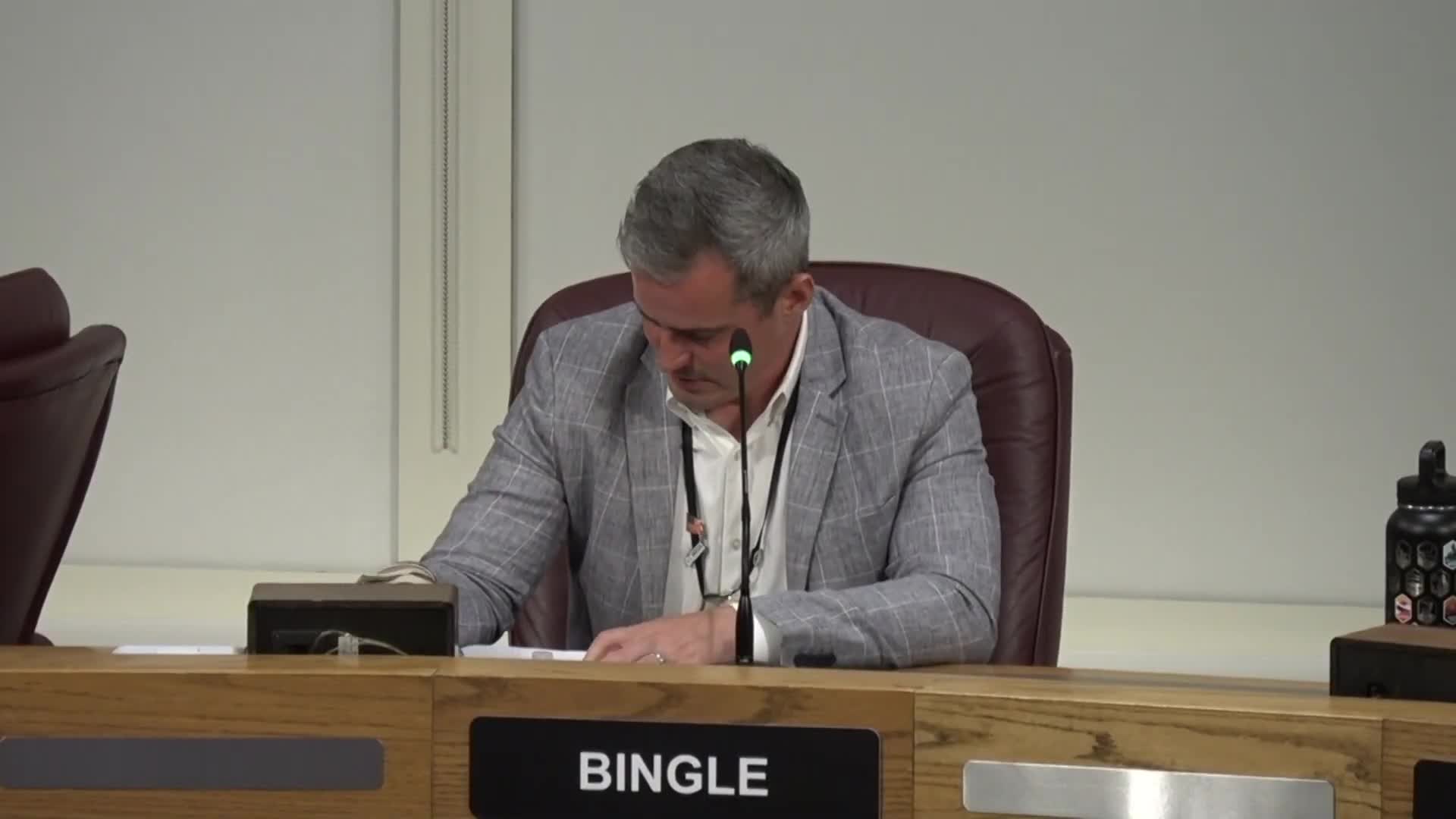
City to issue RFP for comprehensive development‑code assessment to align with Plan Spokane 2046
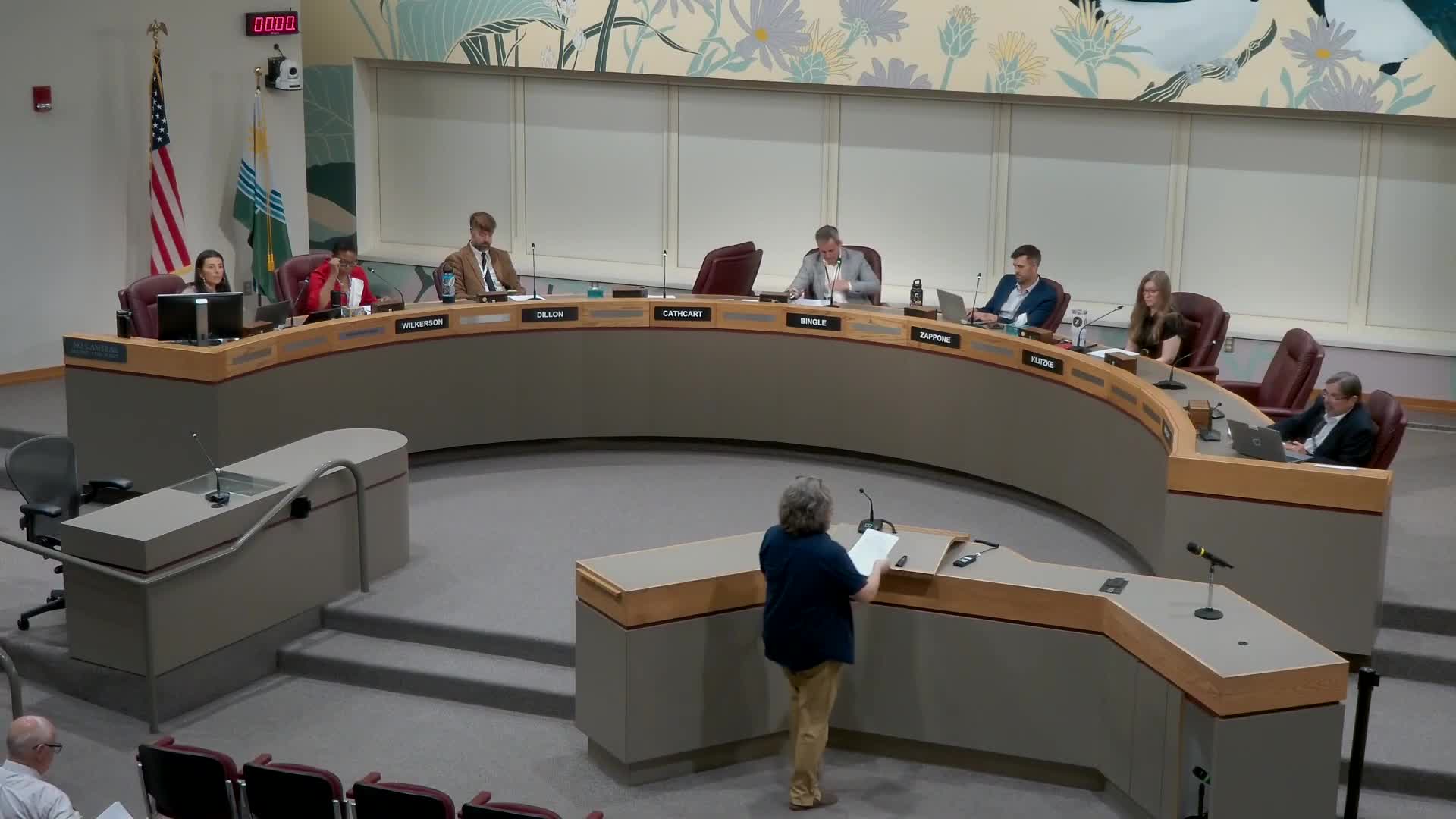
Parks proposes one‑year downtown reforestation pilot to raise canopy in Riverside (7% now)
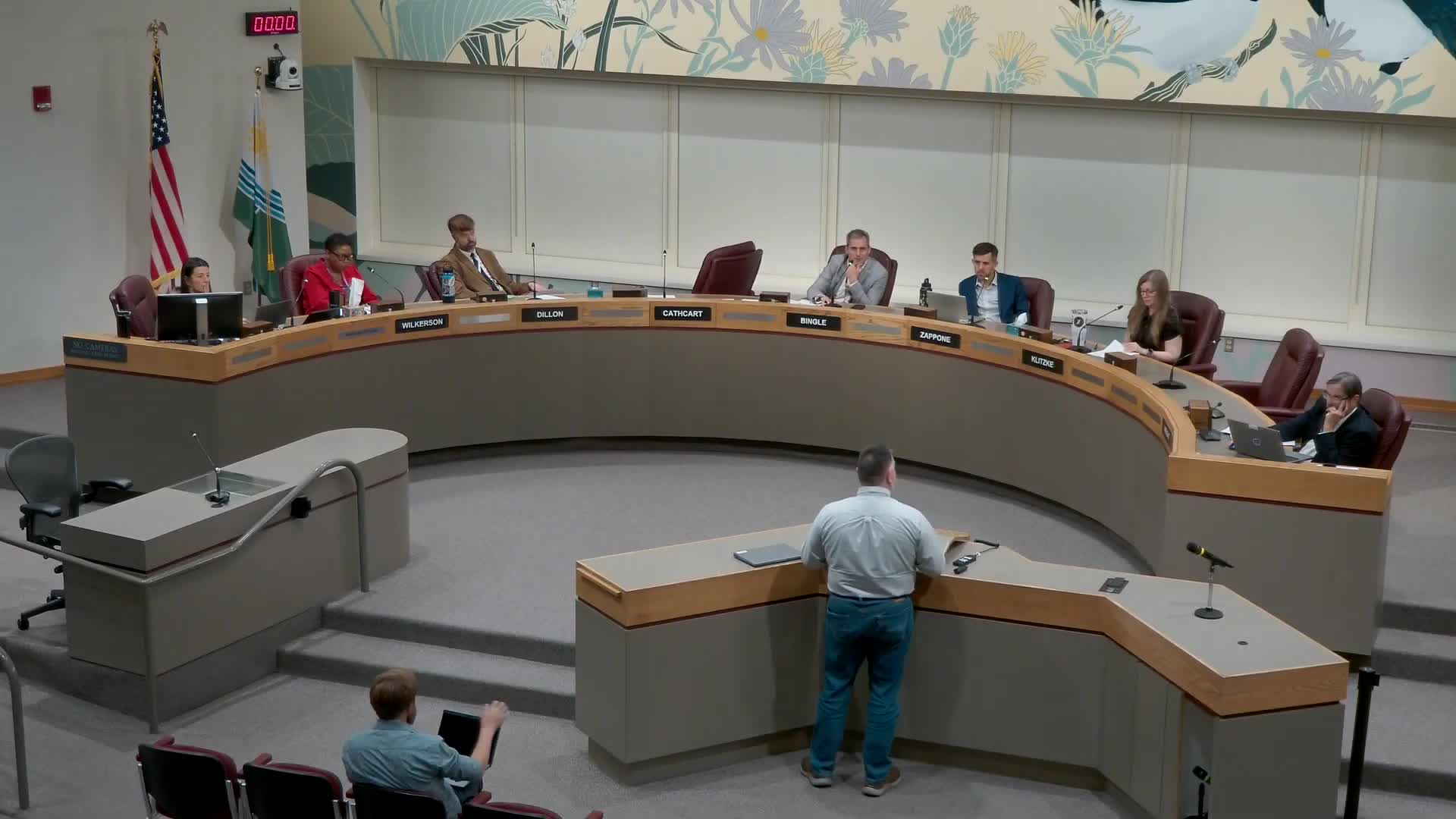
City recommends funding for multiple affordable‑housing projects, TBRA and housing counseling
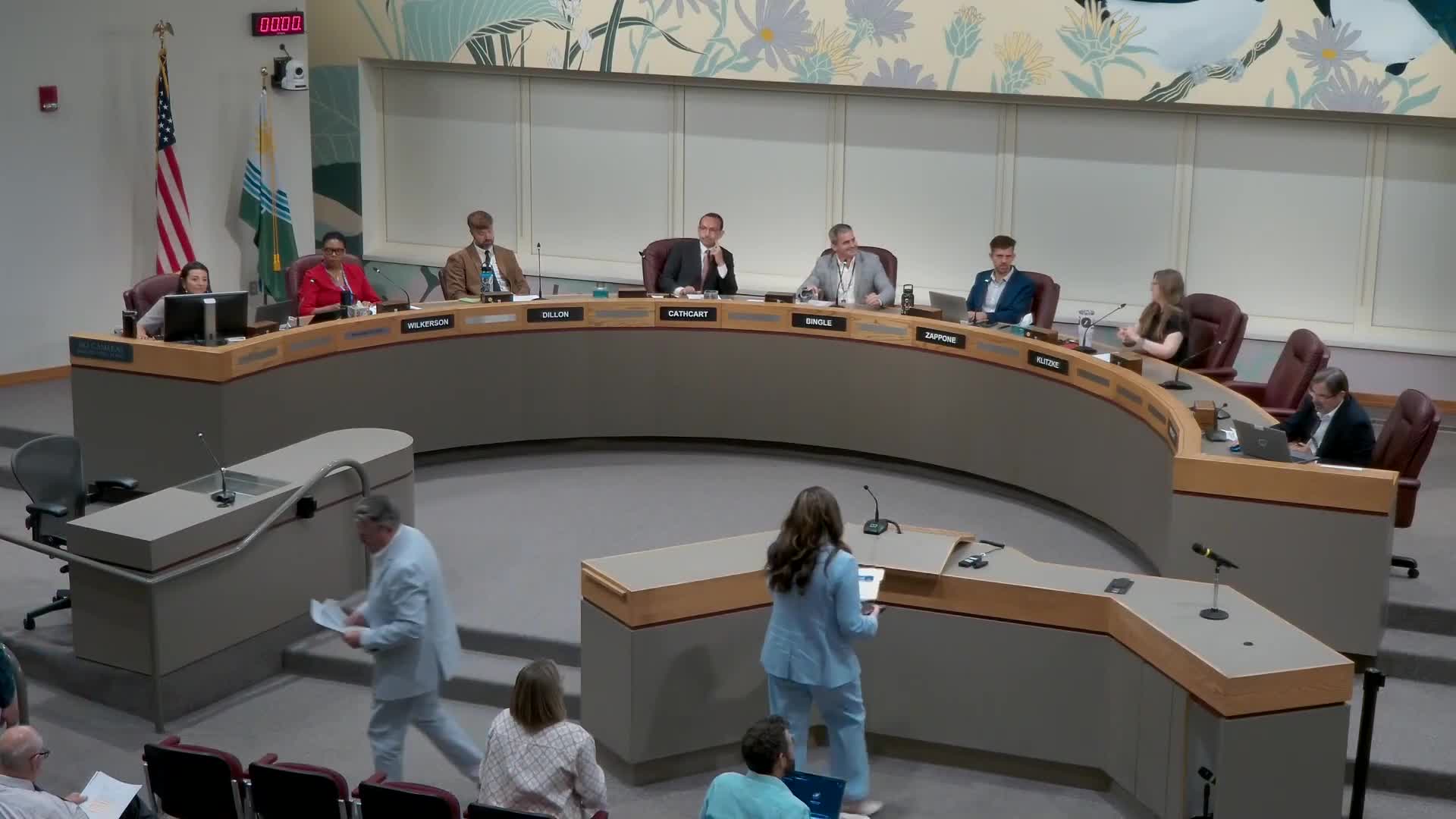
Point‑in‑Time count: 1,806 people counted countywide; city outlines post‑PIT investments and warns of federal funding risks
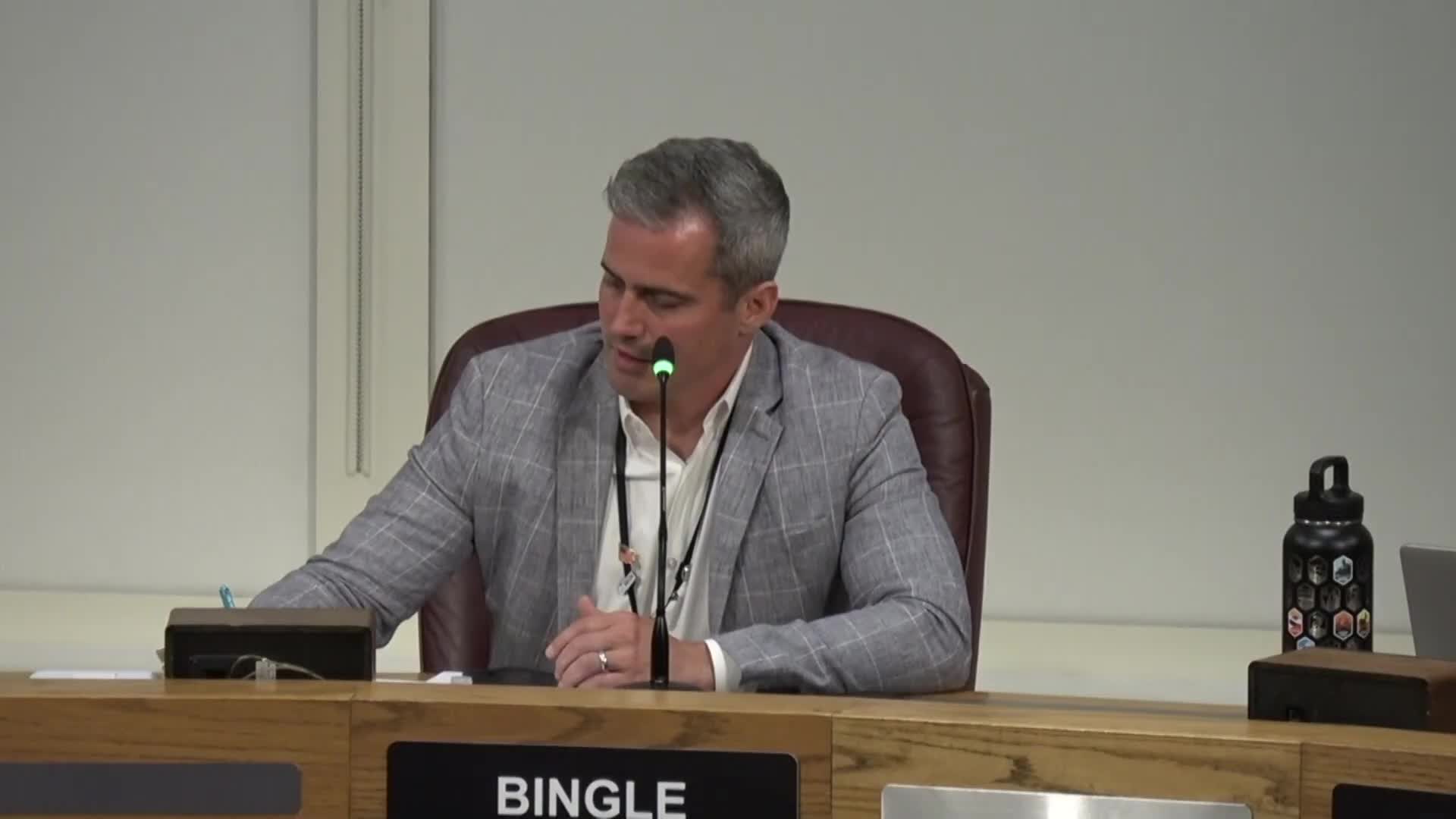
Council debates renaming 15/90 fund to HEART and a targeted permit-fee deferral for affordable housing
